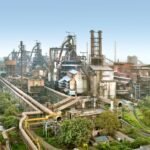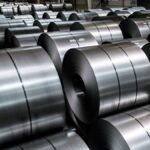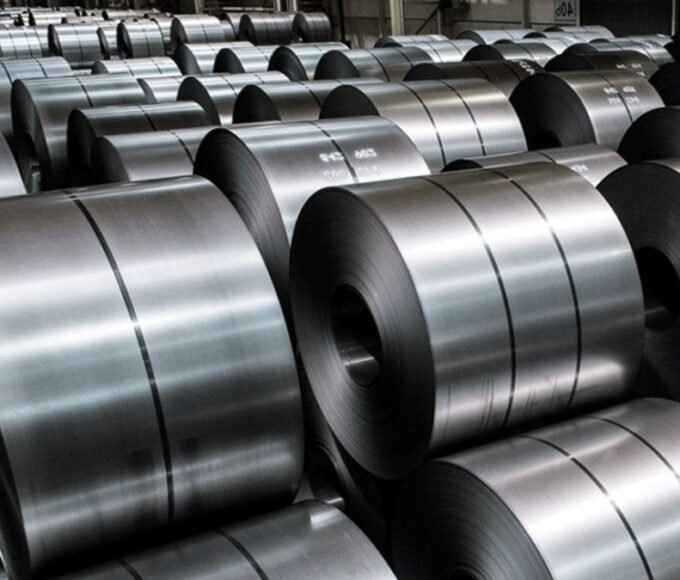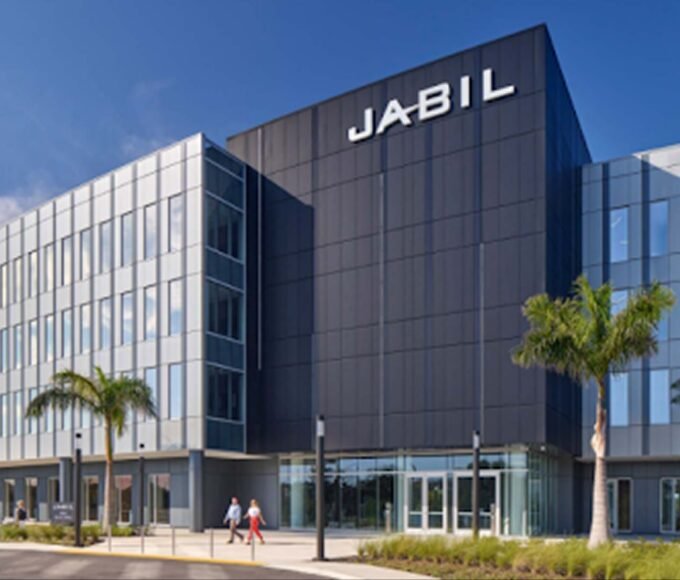Recent Posts
India’s Industrial Output Records Strongest Growth in Over Two Years
January 29, 2026NHAI Tightens Quality Control for Reinforcement Steel in Infrastructure Projects

National Highways Authority of India (NHAI) has overhauled its quality control system for reinforcement steel used in government infrastructure projects. A recent policy circular outlines the new Standard Operating Procedure (SOP) that will do away with the one-time source approval system and replace it with a multi-tiered quality assurance system.
Essential Adjustments in Quality Control
The updated system will entail the following by NHAI:
A roster of favored producers for steel reinforcing, cement and emulsion, members of secondary steel producers like SAIL, JSW, JSP, and Tata Steel.
A generic factory inspection checklist:
– A data lake module for tracking and updating the details of factory-manufactured materials.
Independently Speaking, RQOs for Regional Quality Officers will also be established to monitor compliance. Quality inspections, executing the third-party laboratories to do the testing, and conceiving random material samples from each project site would all be their responsibilities.
What About Secondary Steel Producers?
A protocol that forms part of the new policy has decided not to include secondary steel producers in its preferred list of vendors. Steel manufacturers must meet the following qualifications:
An integrated plant setup:
An LRF (ladle refining furnace), which most secondary producers do not own.
This decision comes after concerns about quality problems. NHAI issued show cause notices on June 2024 to 11 steel manufacturers after their reinforcement steel bars were not found compliant with IS:1786 standards in tests done by third-party NABL-accredited laboratories. It was chemical composition, especially phosphorous and sulphur content (affecting tensile strength and ductility) that mattered for highways, bridges or flyovers.
Market Implications:
According to market sources, NHAI’s preference for primary steel producers will affect market dynamics. An Odisha integrated steel mill representative said the procurement emphasis would now be on new integrated LRF-equipped mills and NHAI may no longer procure from induction furnace (IF) mills in the interim.
Accordingly, primary steel prices will remain strong, while secondary steel (30% of NHAI’s 15-18mt per annum total consumption) will be the surplus product in the domestic market, and that will place pressure on its prices.
- #BuildWatchNews
- cement quality
- Construction materials
- emulsion quality
- Government Projects
- Highway projects
- induction furnace steel
- Infrastructure Projects India
- infrastructure quality control
- IS:1786 compliance
- JSP
- JSW Steel
- LRF steel
- NABL testing
- NHAI
- primary steel producers
- quality assurance
- reinforcement steel
- road construction
- SAIL
- secondary steel exclusion
- Steel Industry India
- Steel Manufacturers
- Steel Market Trends
- steel price impact.
- steel procurement
- Tata Steel
Recent Posts
Telangana Clears Path for Mamnoor Airport Revival with Land Handover
January 30, 2026Categories
- Acquisition3
- Airport26
- AP147
- Apartments165
- Architecture1
- Bengaluru272
- Budget4
- Budget 202521
- Cement195
- Chennai501
- Construction1,115
- Construction Material Price Updates1
- Corporation5
- CREDAI69
- Editors Pick43
- Equipment57
- Events12
- Export55
- GST18
- Highways136
- Hotel26
- Housing250
- Hyderabad130
- import59
- India346
- Industrial497
- Infrastructure803
- Interiors32
- Investment129
- Iron Ore90
- Karnataka128
- Kerala71
- Labour12
- Land204
- Leasing5
- Logistics87
- Market Updates637
- Metal159
- Metro121
- Mining109
- MSME23
- News2,131
- NHAI109
- Office Space16
- Paints43
- Port10
- Power Shutdown1
- Properties194
- Puducherry13
- Railways12
- Real Estate953
- Rental5
- Results4
- Road251
- Sand43
- Short News117
- SIPCOT25
- Steel Daily504
- Stocks92
- Tamil Nadu558
- Technology132
- Telangana140
- TIDCO18
- Trade138
- Trending News1,174
- Trichy1
- Video2
- warehouse99
Related Articles
Ambuja Cement Q3 Profit Slumps 90.5% Despite Record Volumes and Revenue
Ambuja Cement reported a sharp 90.5 percent fall in Q3 profit to...
BySamrita JosephJanuary 30, 2026Economic Survey Flags Global Price Pressures, Raw Material Risks for India’s Steel Sector
India’s steel sector continues to show strong growth momentum driven by domestic...
BySamrita JosephJanuary 30, 2026Telangana Clears Path for Mamnoor Airport Revival with Land Handover
Telangana has formally handed over 300 acres of land for the revival...
BySamrita JosephJanuary 30, 2026Jabil to Set Up Rs 2,000 Crore Electronics Manufacturing Unit in SIPCOT Park, Tiruchi
US-based electronics major Jabil plans a Rs 2,000 crore manufacturing facility on...
BySamrita JosephJanuary 30, 2026















Leave a comment